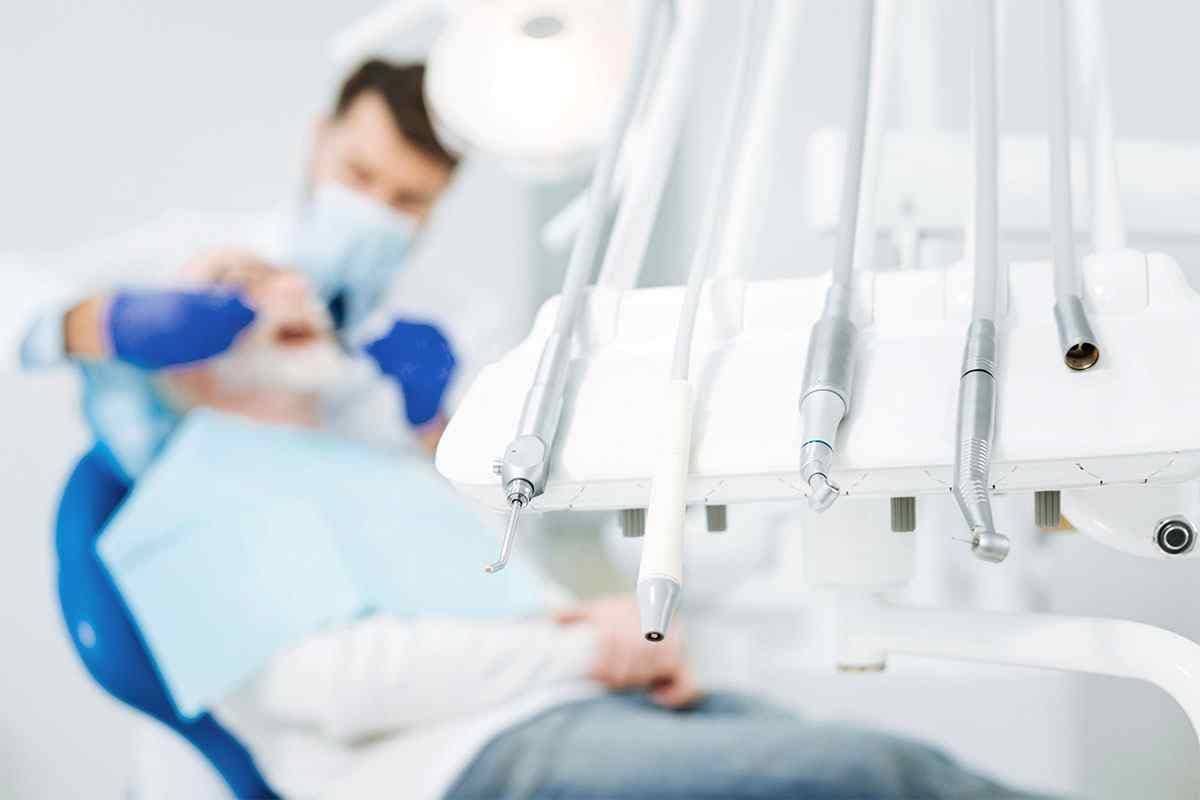About
Urgent Dental Care
What is an emergency dental care?
An unexpected and intense pain caused by a huge cavity, a knocked-out tooth, or shattered teeth are all examples of dental emergencies. To manage these emergencies, emergency dentists are accessible in every state in the United States.
The majority of dentists provide treatments during regular business hours, which are usually five days each week. Emergency dentists usually have extended hours, which include evenings and weekends. They also offer after-hours services while the office is closed. In most cases, emergency dentists will aim to book same-day visits for their patients.
What Qualifies as a Dental Emergency?
You may need emergency dentistry if you experience any of the following dental issues or symptoms:
- A chipped tooth
- Teeth that are chipped or broken
- Teeth that are loose
- Accident or trauma resulted in the loss of a tooth.
- A root canal is required in an emergency.
- Extraction of teeth
- Ruptured dental filling (tooth) abscess
- Dental restorations that have been damaged
- Repairing dentures
- Abscess in the mouth
- Jaw fractured or wounded
- Toothache
- Gum bleeding that won’t stop
- Other serious dental infections or tooth discomfort are possible.
What Doesn’t Qualify as a Dental Emergency?
Some problems do not necessitate immediate treatment and may not be worth the extra cost of seeing an emergency dentist. Toothaches that aren’t swollen and can be treated with over-the-counter pain medicines aren’t considered an emergency.
A fractured or chipped tooth that does not cause discomfort is likewise not an emergency. Mouth sores or bleeding gums affect certain people. These are also ineligible for emergency dental care. It’s not a dental emergency if the situation isn’t going to get significantly worse without rapid treatment.
To meet your needs, H- Town Dental offers urgent care dental services. Don’t wait any longer; call us, make an appointment or pay us a visit at one of our three locations.
H-Town Dental is proud to be the parent company of three dental practices in the Houston region. For people of all ages, individualized attention is paired with cost-effective, cutting-edge dental care. We also offer other services such as dentures, dental implants, porcelain crowns & teeth whitening in Houston.
FAQ About Urgent Dental Care
When is a Dental Abscess an emergency?
Because it’s impossible to forecast how a dental infection will spread, any tooth abscess should be treated as an emergency. Any apparent swelling in the gums, whether or whether it produces discomfort, should be treated as soon as possible.
The goal of emergency care is to prevent the infection from spreading further. Typically, this will entail the use of antibiotics prescribed by a doctor. In extreme cases, intravenous antibiotics and an incision and drainage operation, in which a surgeon “opens” the swelling to allow the pus to drain out, may be required. This lessens pain and removes pressure.
When is a Toothache an Emergency?
A toothache is considered a dental emergency if:
- It lasts more than a few days
- It worsens over time
- There is inflammation, swelling, or bleeding around the tooth producing pain in the jaw, ear, or cheek
- You have a fever or earache
When Is It Necessary to Extract Wisdom Teeth in an Emergency?
You may need emergency dental care if you are suffering any of the symptoms of impacted wisdom teeth. If your teeth are impacted, the oral surgeon will need to perform a surgical extraction rather than a routine extraction.
What To Do Before Your Emergency Dental Appointment?
If you are experiencing bleeding, swelling, or inflammation, there are a few things you can do to relieve pain before your emergency dentist visit. The following are some suggestions:
- Rinse your mouth with warm water
- Applying pressure to the afflicted or wounded area to reduce bleeding and edema
- Using a cold compress on the injured area at 20-minute intervals. Swelling and bleeding will be reduced as a result.
HTown Dental Services
Committed To
Excellence
Submit your review | |
H-Town Dental
Average rating: 0 reviews






